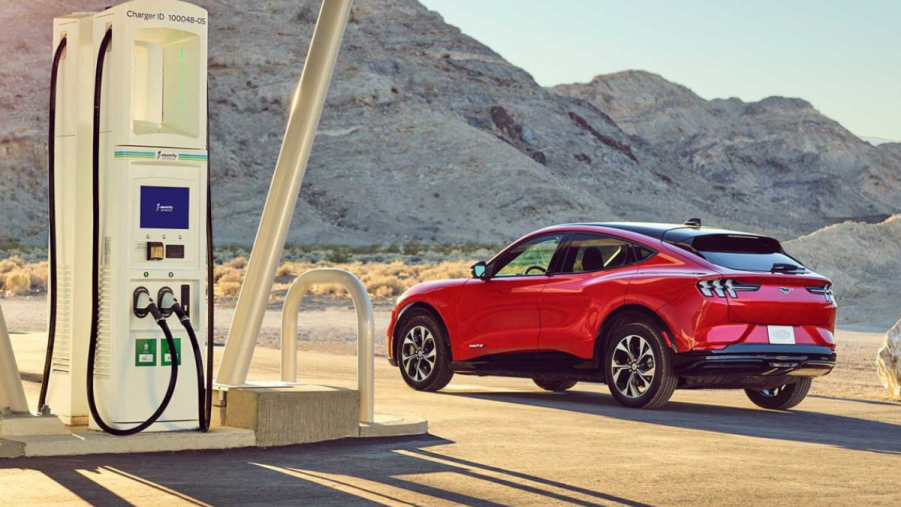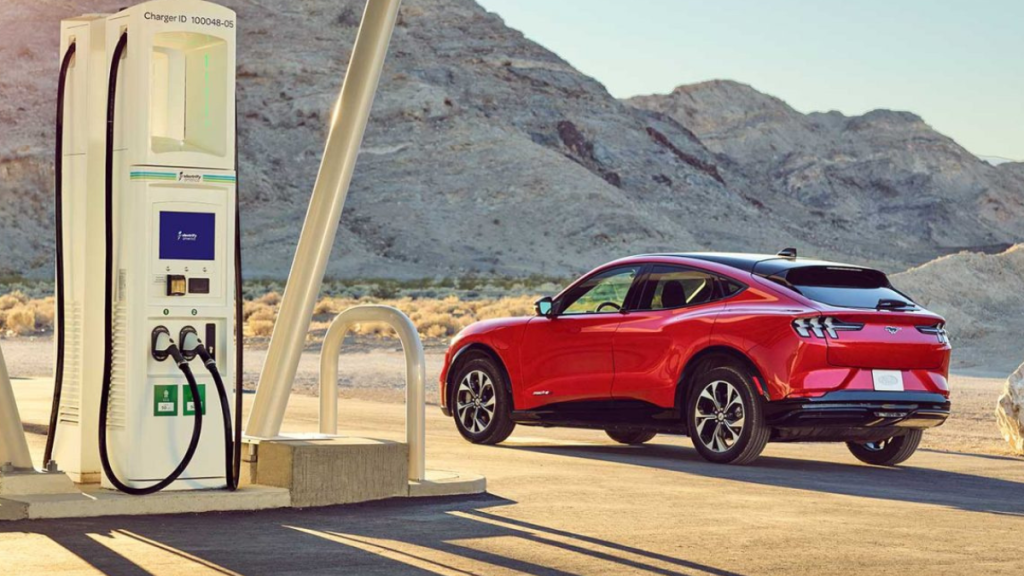
EV Battery Recycling: Makes Cars Cheaper and Helps Solve the Microchip Shortage Crisis
Lithium-ion EV batteries are one of the most pressing issues for electric vehicles. Materials in EV batteries are toxic to the environment, and only a small percentage of EV batteries get recycled. However, in addition to addressing environmental concerns, the recycling of EV batteries provides two unexpected benefits. It makes electric cars cheaper and helps solve the microchip shortage crisis.
Can you recycle EV batteries?

Currently, only about 5% of lithium-ion EV batteries get recycled. This is very small compared to the 95% rate at which lead-acid batteries get recycled. The reason why the rate of EV battery recycling is so low is that, compared to lead-acid batteries, EV batteries are:
- More complicated
- Vary for each lithium-ion battery pack
- Considerably larger
- Contain more toxic materials
Also, there are not many entities that have the capabilities to safely and effectively recycle EV batteries. However, as reported by Axios, this might significantly change in the coming years. Axios details how companies in the United States “could reuse the critical minerals inside to make new batteries, creating a sustainable domestic supply chain.” As a result, “that could help make EVs more affordable and prevent shortages like the current semiconductor crisis.”
Redwood Materials, Ford, and Volvo conduct an EV battery recycling program in California
A startup called Redwood Materials has a pilot program in California for recycling EV batteries in a “safe, sustainable, and cost-effective way.” Ford and Volvo are collaborators for the program. The program is very ambitious, and if successful, could have major ramifications.
Redwood Materials works with dismantlers and dealers in California, the state with the most electric cars. The company “collects old batteries and then safely transports them to its Nevada facilities for processing.” Ford and Volvo provide funding for the recycling pilot program, but “Redwood will accept lithium-ion and nickel-metal hydride batteries from any EVs and hybrids.”
The piling up of old EV batteries won’t be a serious problem until a few years down the road. However, Redwood Materials takes a proactive approach to address the issue. Redwood CEO J.B. Straubel, who was a co-founder of Tesla, expressed the need to prepare right now. In a recent interview with reporters, he stated, “I think we’re going to see the numbers really, really pick up probably in two to three years, starting in California, simply because it is the oldest EV market.”
How long do lithium-ion EV batteries last?
The warranty for most lithium-ion EV batteries is eight or more years. However, “early evidence shows they tend to outlast those guarantees.” Also, the technology for EV batteries is rapidly advancing, including the development of a “million-mile” battery. However, as the driving range of EV batteries increases, EV car owners might have more of an incentive to trade-up, resulting in the piling up of more EV batteries.
The Redwood Materials EV battery recycling pilot program looks promising. If successful, it bodes well for the environment, as well as helping to bring down the cost of electric cars, while alleviating microchip shortages. Also, even if not recycled, EV batteries can be repurposed for energy storage for the power grid.


